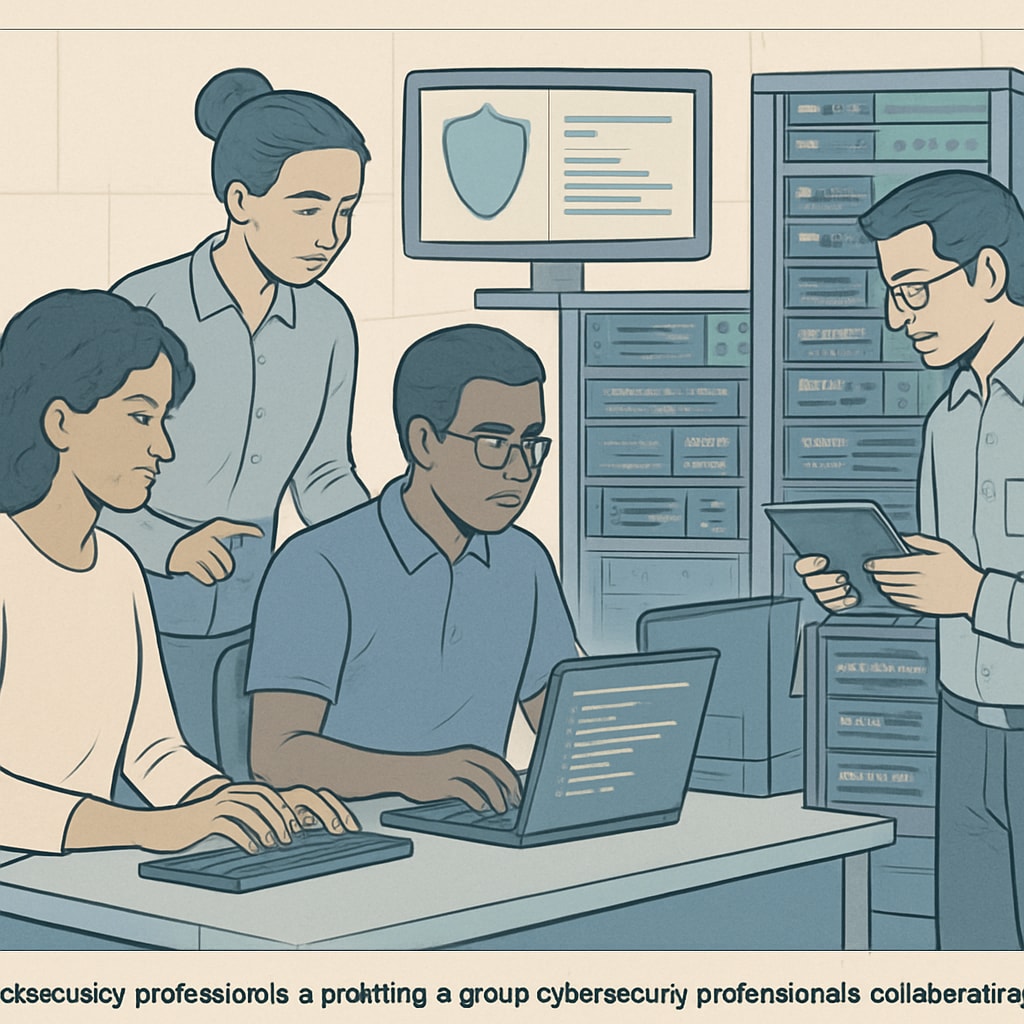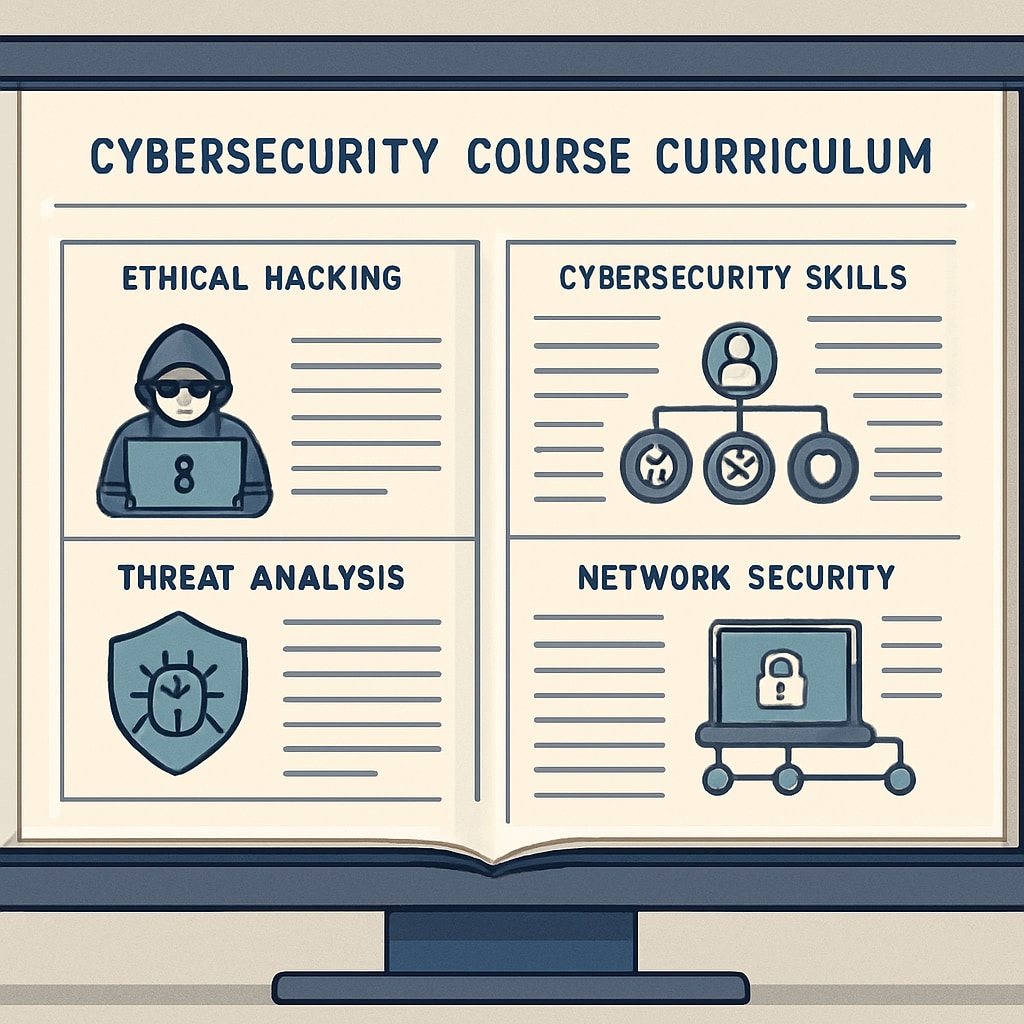In today’s digital age, “university reputation, career prospects, and cybersecurity” are interconnected concepts that guide the educational and professional decisions of aspiring students. With the demand for cybersecurity professionals at an all-time high, K12 students and their parents are increasingly looking into how the reputation of a university influences job placement opportunities. This article delves into the real impact of academic prestige on career success while emphasizing the importance of balanced skill development to thrive in cybersecurity roles.
Does University Reputation Always Translate to Career Success?
For decades, university reputation has been considered a benchmark for academic excellence. Institutions with strong reputations often attract top-tier faculty, advanced research facilities, and robust alumni networks. These factors undoubtedly provide advantages, particularly in fields like cybersecurity where technical expertise is critical. However, reputation alone may not guarantee career success in the rapidly evolving world of cybersecurity.
Employers in the cybersecurity industry often prioritize practical skills over prestigious degrees. While graduating from a renowned university may open doors, candidates with hands-on experience and certifications, such as CompTIA Security+ or Certified Information Systems Security Professional (CISSP), often outshine their peers during hiring processes. Therefore, students should weigh the benefits of academic prestige against the tangible skills and certifications necessary for cybersecurity roles.

Balancing Academic Prestige with Practical Skill Development
For K12 students planning their career paths, understanding the balance between academic reputation and skill-building is crucial. Universities with strong reputations may offer excellent networking opportunities and a solid theoretical foundation, but skill development programs, internships, and industry certifications are equally vital.
Here are some tips for evaluating universities and their cybersecurity programs:
- Program Accreditation: Look for universities whose cybersecurity programs are accredited by organizations like the National Centers of Academic Excellence in Cybersecurity (CAE).
- Industry Partnerships: Universities with strong ties to tech companies often offer internships and real-world projects.
- Curriculum Depth: Ensure the program includes courses on modern cybersecurity challenges, such as ethical hacking, threat analysis, and cloud security.
- Alumni Success Stories: Research alumni employment rates and their career trajectories within cybersecurity.
Additionally, students can supplement their academic journey with online courses and certifications offered by platforms like Coursera or Cybrary, which are highly valued in the industry.

The Role of Networking and Internships in Career Development
While university reputation provides a strong foundation, networking and internships often serve as the bridge to professional success. Universities with established industry connections help students secure internships that allow them to apply theoretical knowledge to practical scenarios. For example, interning with a cybersecurity firm can expose students to real-life challenges, such as mitigating ransomware attacks or developing advanced encryption protocols.
Furthermore, building relationships through alumni networks, career fairs, and professional organizations like the Information Systems Security Association (ISSA) can greatly enhance career prospects. Students should leverage these opportunities to gain insights from seasoned professionals and expand their industry knowledge.
Preparing for the Future: Cybersecurity Trends
The cybersecurity landscape is constantly evolving, with trends such as artificial intelligence (AI) integration, Internet of Things (IoT) security, and zero-trust architecture shaping the industry’s future. Universities that incorporate these topics into their programs will better prepare students for emerging challenges.
For K12 students and their families, staying informed about these trends is essential. Researching universities that emphasize cutting-edge technologies and offer specialized courses ensures that students are equipped to tackle tomorrow’s cybersecurity threats. Moreover, extracurricular activities such as hackathons and cybersecurity competitions can further strengthen their readiness.
In conclusion, university reputation plays a significant role in shaping career prospects in cybersecurity, but it should not overshadow the importance of practical skills, certifications, and industry experiences. By carefully evaluating programs and staying proactive about skill development, K12 students can confidently navigate their career paths and become the future guardians of digital security.
Readability guidance: Use concise paragraphs and clear headers for better organization. Balance academic jargon with accessible language for wider readability. Include actionable advice through lists and examples to engage readers.


